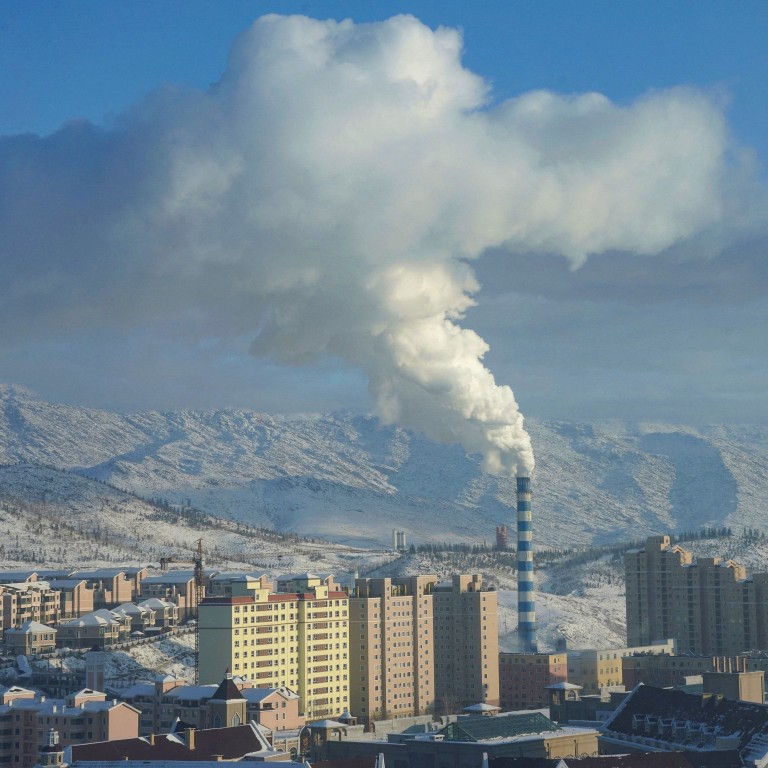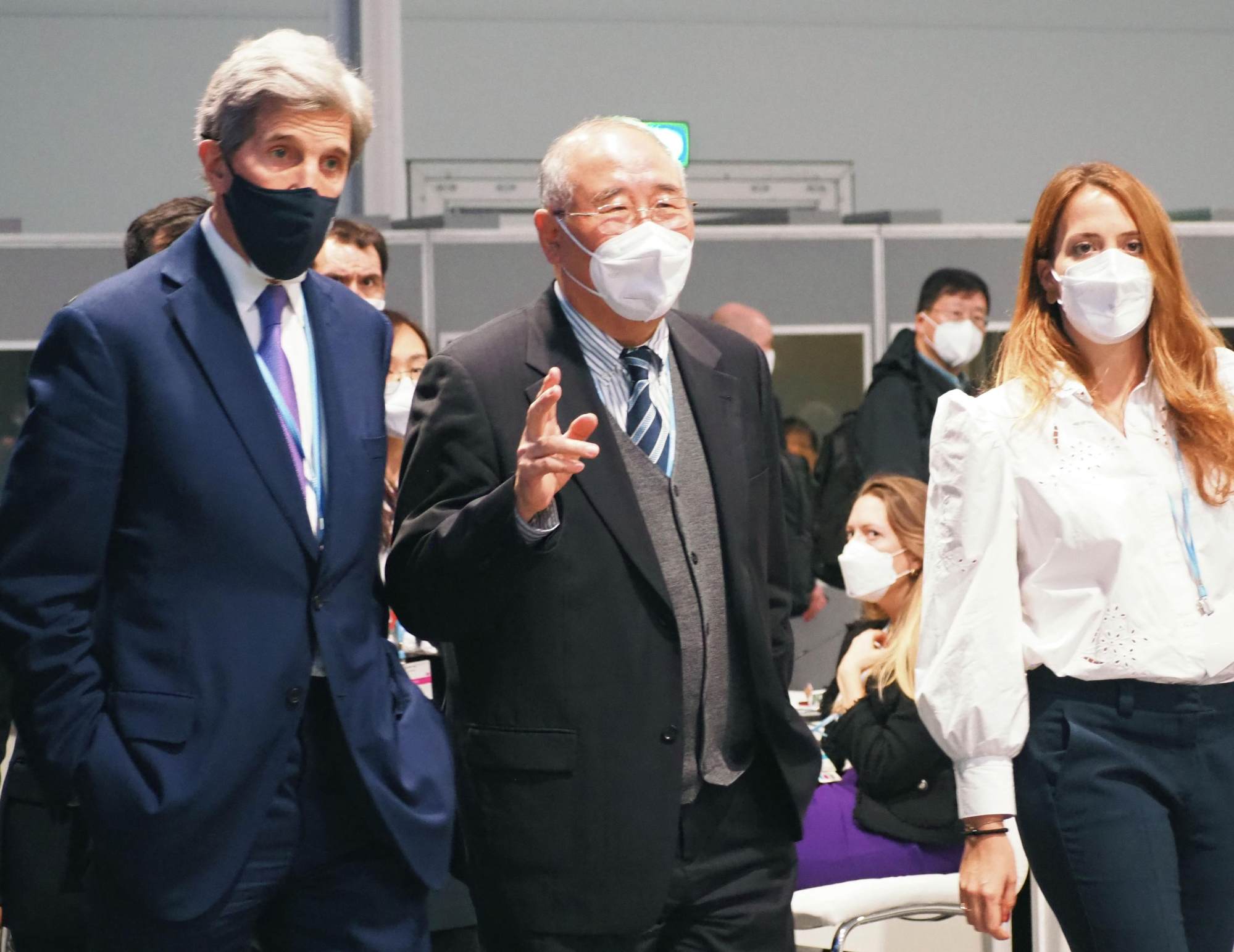
Suspension of China-US climate talks clouds prospects for joint research, academics say
- Policymakers from both countries were meant to meet next month but gathering cancelled by Beijing after Pelosi’s visit to Taiwan
- Academics say they are concerned there will be fewer chances to work with US counterparts
Yang Yang, a climate scientist at the Nanjing University of Information Science and Technology, said he was worried there would be fewer opportunities to work with his US counterparts in the future.
“There were restrictions on collaboration with US government-affiliated research institutions before. [But] there might be fewer opportunities to work together in the future,” Yang said.
He said mitigating climate change required global efforts and the lack of cooperation between China and the US might make the goal more difficult to achieve.

Teng Fei, deputy director of Tsinghua University’s Institute of Energy, Environment and Economy, said that at least for now some areas of collaboration, such as on methane, were not affected but that could change.
“If the existing tensions continue, it may have spillover effects on non-official communications and collaborations between China and the US. But now it’s too early to tell,” Teng said.
Until last week’s suspension, China and the US appeared to be moving forward – however slowly – on climate cooperation.
Over the past year, Chinese climate envoy Xie Zhenhua has held a series of meetings with his US counterpart John Kerry, leading to the signing of a joint declaration to improve climate action over the decade.
In the declaration, the two countries agreed to set up standards for emissions reduction, stepping up efforts to reduce methane emissions and to cooperate on policies to encourage decarbonisation and greenhouse gas removal technology.
They also agreed to establish a working group “which will meet regularly to address the climate crisis and advance the multilateral process”.
The group’s work could include policy and technical exchanges and meetings of governmental and non-governmental experts from the two countries.
But that activity has been suspended. After months of preparation, policymakers and experts were supposed to hold their first official meeting in September to discuss cooperation, Britain-based Climate Home News reported on Monday.
The topics were to include methane emission reductions, clean electricity, the circular economy and climate action from cities, it said.
Ma Jun, director of the Beijing-based Institute of Public & Environmental Affairs, said the working group’s activities were being suspended at a critical moment.
“The interaction between the envoys was about to enter a more substantive phase … the two sides were about to establish the working group,” Ma said.
“The non-governmental communications may not be directly affected but the government-affiliated research institutes and universities may be affected to some extent.”
China’s power crisis may cast a pall over its performance at UN climate summit
Despite the continued cooperation on policy and academic research between the two nations over the years, the more important cooperation on technology ended in 2020, Teng said.
This includes US commitment to the US-China Clean Energy Research Centre, jointly funded by the two governments in 2009.
The centre focused on joint research and development of clean energy technologies but folded in 2020 “because the Trump administration was not interested in cooperating with China” in the area, Teng said.
Now, the cooperation on energy technologies looked very difficult, if not impossible, he said.
“Some experts said the two nations could work together on some carbon reduction technologies that were not commercially available because they would not involve in conflicts of commercial interest,” he said.
“But it is a politically difficult area for the US to make a breakthrough.”


